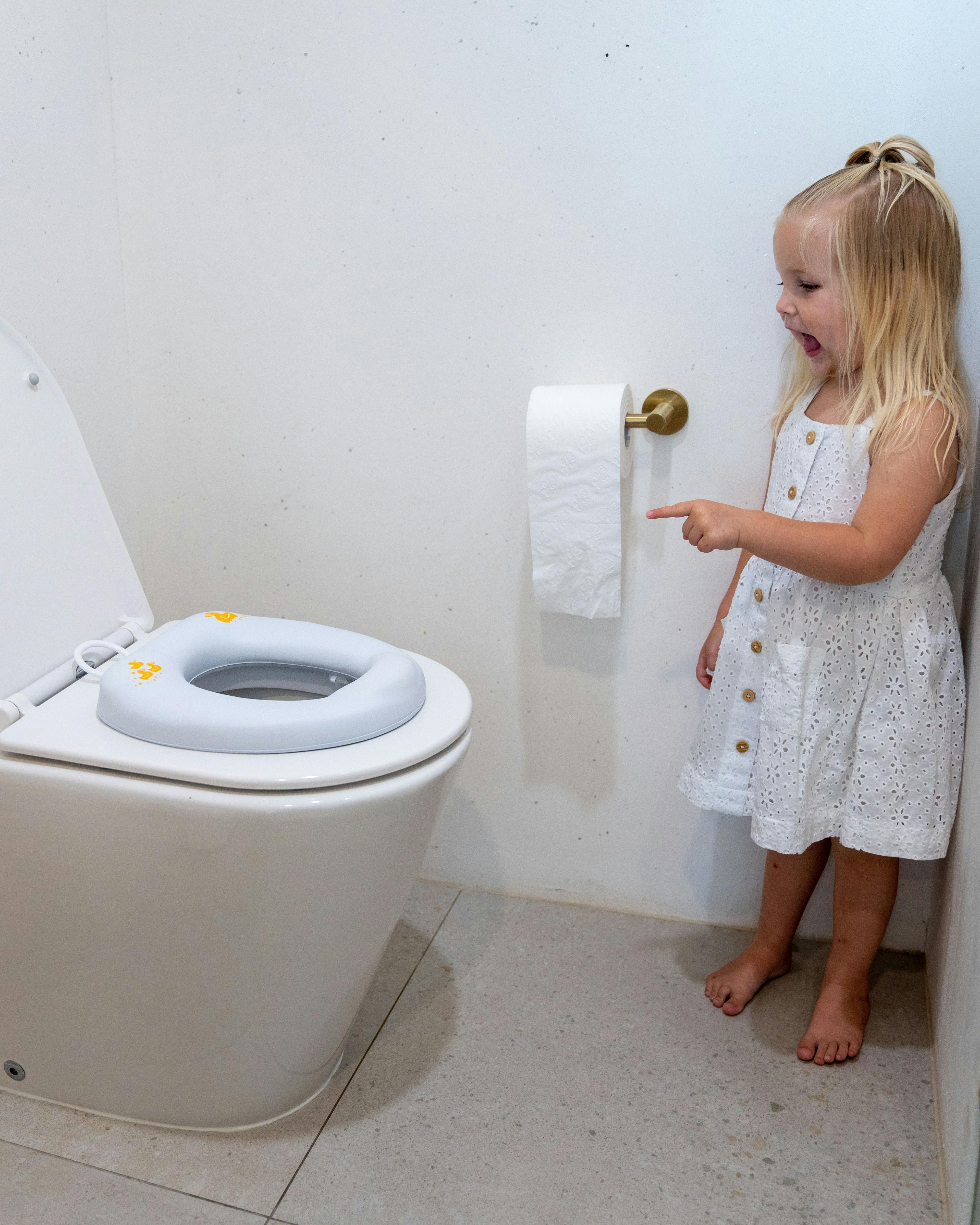Is My Child Toilet Training Too Late? Understanding the Potty Training Timeline
For many parents, potty training can be a source of anxiety. One common concern revolves around the "right" age to start this transition. If your child hasn’t shown interest in the potty by a certain age or if their peers are already trained, you might wonder, "Is my child toilet training too late?" In this article, we aim to alleviate those concerns by diving into the typical potty training timeline and offering tips on how to support your child's journey.

1. Understanding the Potty Training Spectrum
Toilet training readiness can vary significantly from child to child. While some children might show readiness as early as 18 months, others might not be ready until they're over 3 years old. It's crucial to recognize that both ends of this spectrum are entirely normal.
2. Signs of Toilet Training Readiness
Rather than focusing on a specific age, it's more useful to look for signs that your child is ready to start toilet training. These might include:
Staying dry for longer periods: This is an indication that your child's bladder can hold urine for an extended time, a crucial aspect of potty training.
Showing interest in the toilet: If your child observes you using the bathroom or expresses curiosity about underwear, it might be a sign they're ready.
Expressing discomfort with dirty nappies: This can indicate an emerging awareness of bodily sensations.
3. Why Some Children Start Later
Various factors can influence a child's readiness for potty training:
Temperament: Some children are naturally more resistant to change or take longer to adapt to new routines.
Developmental readiness: Cognitive, motor, and emotional skills all play a role in toilet training. Some children might need more time to develop these skills.
External factors: Changes in the family, like the arrival of a new sibling or moving to a new home, might delay interest or readiness.
4. Benefits of Starting When Your Child Is Ready
Fewer setbacks: Children who show signs of readiness are more likely to have a smoother transition out of nappies.
Less stress: Trying to force potty training on an unready child can create power struggles and stress for both the child and parents.
5. Tips for Supporting Late Starters
Stay Positive: Avoid showing frustration or disappointment. Celebrate small successes and remain patient with setbacks.
Seek Input: Let your child choose their underwear or potty to create a sense of ownership in the process.
Set a Routine: Consistency can help. Schedule regular potty breaks, like after meals or before bed, to create a routine.
Seek Guidance: If you're concerned about your child's progress, it's okay to seek advice from paediatricians or child development professionals.
It's essential to remember that every child is unique, and comparisons can often do more harm than good. Instead of focusing on timelines and milestones, center your attention on your child's cues. They'll let you know when they're ready. In the grand scheme of things, whether a child is potty trained at 2 or 4 years old won't significantly impact their life. It's the love, understanding, and support they receive during this transition that counts the most.